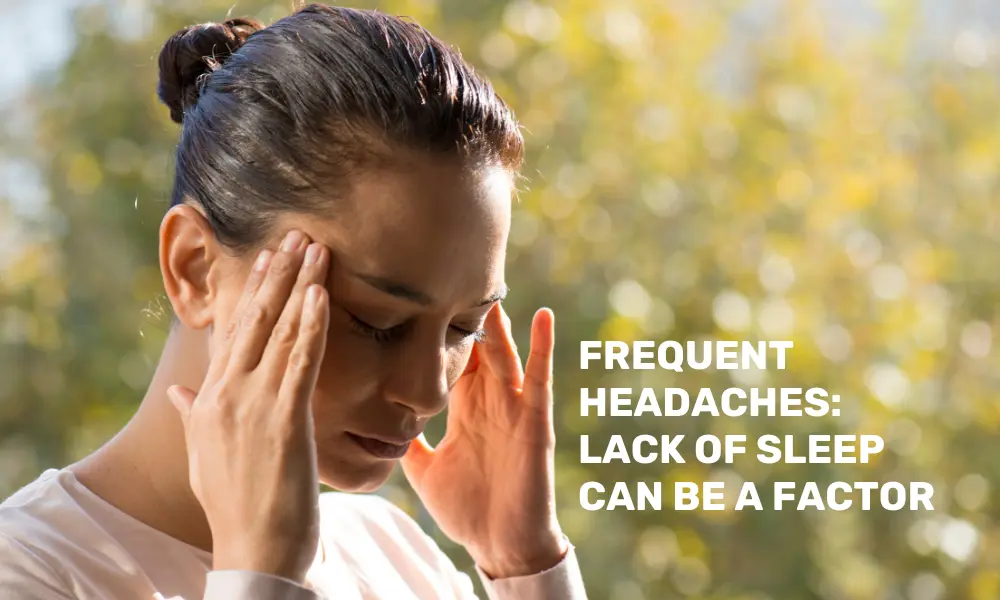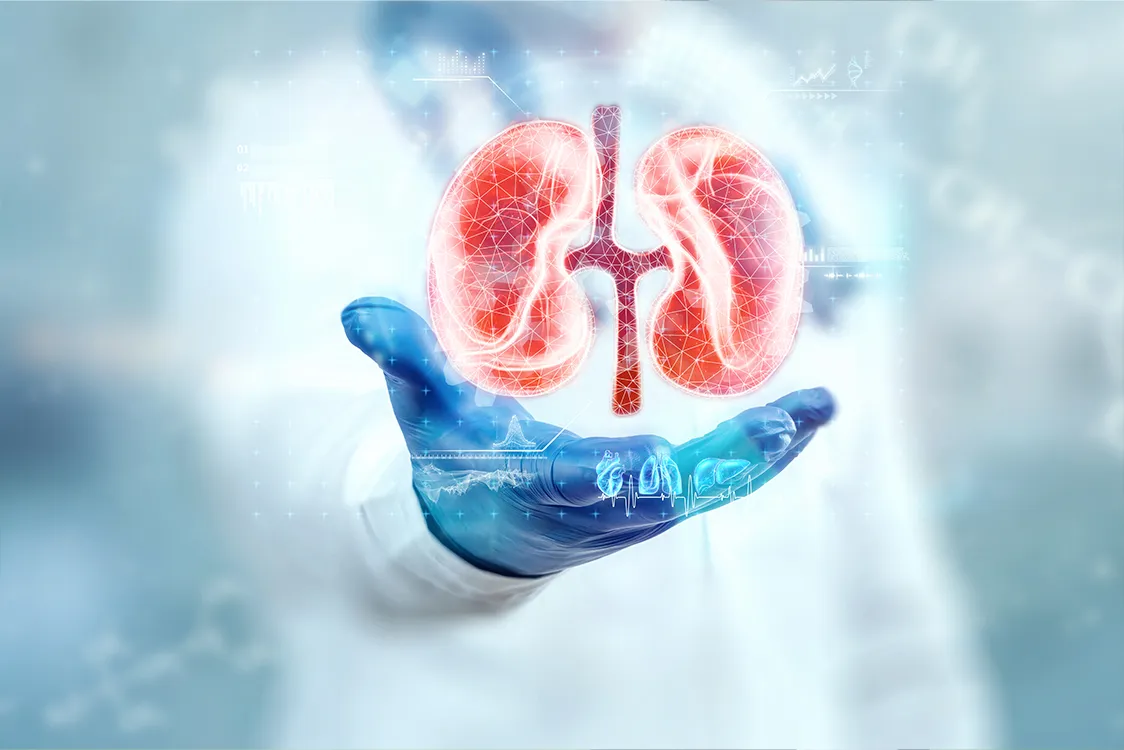Do you experience frequent headaches? While it is not a bargain for anything else, most people do not get proper sleep. According to experts, this can lead to a number of health issues, including debilitating headaches.
There is a clear connection between pain in our head, face, or upper neck and extreme tiredness. Sleep is a crucial function of our brain, and its deprivation has extreme neurological effects. Due to escalating work pressures, screen time, and unregulated lifestyles, sleep deprivation is on the rise, particularly in urban professionals.
Sleep deprivation can prevent our body from repairing and restoring itself. When we get insufficient sleep, our immune, circulatory, and hormonal systems are affected. This disruption can be a major cause of frequent headaches.
How is lack of sleep related to headaches?
Lack of sleep can disrupt neurotransmitter balance, leading to heightened pain sensitivity. Certain research suggests poor sleep elevates the headache threshold for conditions such as migraines and tension headaches. Additionally, sleep deprivation can also result in elevated stress hormones such as cortisol, which raises the frequency and severity of headaches.
When the body fails to get enough rest, the brain pain center starts over-functioning. This makes the person have chronic headaches that make it hard to carry out daily tasks. A few mechanisms that are involved in the sleep cycle regulation that also play an important role in headaches include:
-
Chemical messengers like serotonin – a chemical that contributes to wakefulness
-
The glymphatic system mechanism responsible for clearing waste products from the brain
-
Brain structures include the brain stem and hypothalamus. Studies suggest problems with the hypothalamus cause sleep disturbances, which can lead to primary headache disorders, including migraines and tension headaches.
Sleep deprivation can cause seizures.
Sleep loss is a risky precipitant in those with seizure susceptibility or epilepsy. The brain requires sleep to normalize electrical activity, and lack of rest may induce neuronal hyperexcitability that increases the chance of seizures.
Ways to prevent sleep-related issues, especially Headache
To help prevent headaches caused by a lack of sleep, consult your doctor about a few lifestyle changes that can address your sleep habits. If there are no other underlying medical causes, getting enough restful sleep regularly may help reduce these headaches.
Some potential prevention tips include:
-
Going to bed and waking up around the same time each day
-
Maintain the same sleep schedule on weeknights and weekends.
-
Keeping your bedroom dark, quiet, relaxing, and at a comfortable temperature.
-
Avoid heavy or large meals within a few hours of bedtime.
-
Avoiding caffeine, alcohol, or large meals close to bedtime
-
Getting more exercise during the day (but not close to bedtime)
-
Keeping electronic devices out of the bedroom
-
Spend time outside every day, especially in the sun.
-
Use the hour before bed for quiet time.
-
Manage stress
Napping during the day may boost your alertness and performance. However, if you have trouble falling asleep at night, limit naps or take them earlier in the afternoon. Adults should nap for no more than 20 minutes. Napping in preschool-age children is normal and promotes healthy growth and development.
As more cases of sleep-deprived illness occur, understanding the relationship between sleep, Headache, and seizure is the key to long-term health. So, try to get a good night’s sleep daily.
FAQ on Headache & Sleep
What causes frequent headaches?
-
Lack of sleep
-
Alcohol may interrupt our circadian rhythm
-
Overuse of caffeine or alcohol
-
Too much screen time just before bedtime
How to cure a sleep headache?
To address sleep headaches, also known as hypnic headaches, a combination of lifestyle adjustments and, in some cases, medication may be needed.
How to cure a headache fast?
To get fast relief from headaches, apply a cold compress to your forehead or neck, sip on a caffeinated beverage, or take over-the-counter pain relievers.
This article is meant for informational purposes only and must not be considered a substitute for professional advice.





